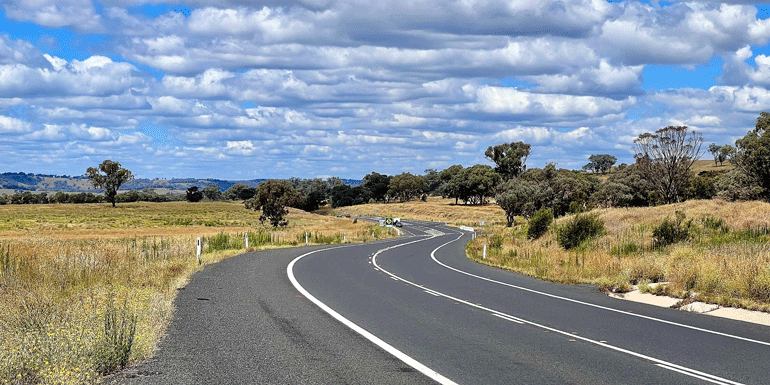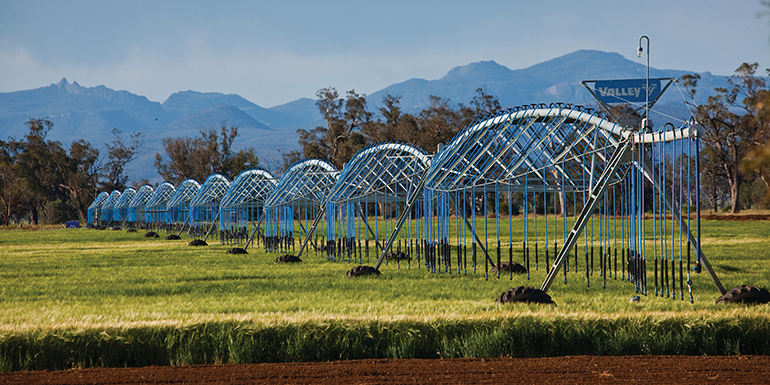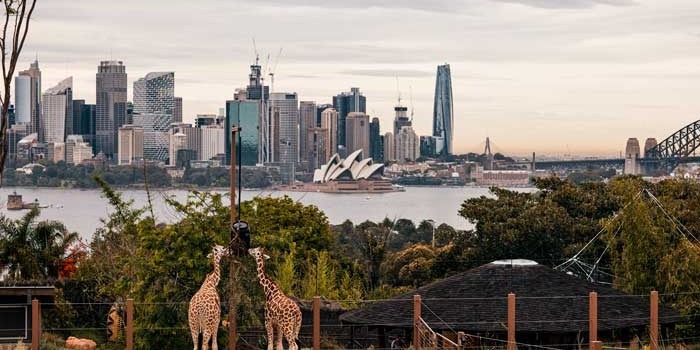Key points
- The NSW Government is the single largest employer in NSW. It also manages a vast amount of infrastructure, buildings and services across the state.
- By introducing resource-efficient alternatives and reducing emissions, state government agencies can make significant savings and help create an environmentally sustainable future for NSW.
- The NSW Government’s Net Zero Plan Stage 1: 2020–2030 aims to enhance the prosperity and quality of life of the people of NSW while delivering a 47-52% cut in emissions by 2030 compared to 2005 levels. The fourth priority of the Net Zero Plan is for NSW government agencies to lead by example by reducing their emissions, supporting sustainable alternatives and maximising the environmental value of their assets.
- The NSW government offers resources and support for agencies to reduce emissions across their infrastructure, services and corporate processes.
State government and climate change
Reducing emissions is part of Australia’s commitment under the Paris Climate Agreement which the NSW Government endorsed under the NSW Climate Change Policy Framework. A key part of the agreement is to achieve net zero emissions by 2050, with the goal being to limit global warming to well below 2°C, preferably 1.5°C, compared to pre-industrial levels.
Australia will help achieve this goal by transitioning to net zero emissions around 2050. The NSW Government has a goal of halving NSW’s emissions by 2030 on 2005 levels. The foundation of NSW’s climate action is the Net Zero Plan Stage 1: 2020–2030.
One of the four main priorities of the Net Zero Plan Stage 1: 2020-2030 is to ensure the NSW Government, including state government agencies, leads by example in achieving our commitments and targets.
The NSW Government has many opportunities to significantly reduce the state’s greenhouse gas emissions, by switching to resource-efficient alternatives for its infrastructure, services and corporate processes.
NSW government agencies purchase around $20 billion of goods and services each year, employ 10% of the state’s workforce and manage around 15% of NSW land, including schools, hospitals, conservation areas and national parks. As of 2020, NSW government agencies spend around $400 million each year on electricity and operate 13,000 passenger vehicles for their staff.
By adopting resource-efficient alternatives, NSW government agencies can also reduce their emissions, make significant savings, and lead by example to help create an environmentally sustainable future for NSW.
How state government can reduce their impact
The NSW Government’s Net Zero Plan Stage 1: 2020–2030 outlines the NSW Government’s plan to halve NSW’s emissions by 2030 on 2005 levels and progress NSW towards net zero emissions by 2050. To support priority four of the NSW Government leading by example, the NSW Government will:
- monitor and reduce its own emissions
- help bring sustainable goods, services and practices into the market, and;
- maximise the environmental value of the assets it oversees.
The Net Zero Government Operations Policy sets out the requirements for common government operations that significantly impact greenhouse gas emissions. It also includes broader sustainability measures, such as saving water and minimising waste.
The 24 actions and targets in the policy help agencies take the steps needed to help us reach our net zero targets.
Agencies must implement long-term net zero transition plans that:
- reduce scope 1 and 2 emissions
- identify their biggest scope 3 emissions sources and include actions to address them (by 30 June 2027)
- decarbonise their buildings’ operation using the rating schemes of the policy
- replace gas-fired plant and equipment with electric (or other fossil fuel-free alternatives) at end-of-life or earlier, if cost-effective
- electrify fleet vehicles to contribute to decarbonisation targets for passenger and light commercial vehicles
- implement an organics collection service if their operations have a high volume of food waste (from 1 July 2026)
- preference goods and services that contain recycled content on an ‘if not, why not’ basis.
State government agencies can use their purchasing power to help bring more affordable, low emissions products and services to the market. The Guide to Environmentally Sustainable Procurement helps NSW Government agencies increase environmental sustainability in the procurement of goods, services and construction.
Under the Net Zero strategy, the NSW Government pledged to expand the area of its national parks by at least 200,000 hectares by June 2021. This goal has now been achieved, and superseded by the goal of expanding national parks by at least 400,000 hectares by the end of 2022. This will protect and improve important environments which act as natural carbon sinks.
The NSW Government supports government agencies to make progress towards net zero emissions for their operations and communities, by providing guidance, support and funding for local councils. This includes:
- advice on the design, delivery and financing of sustainability projects
- sustainability thinking and leadership in their organisation
- building business cases for sustainability projects
- advice on strategic planning
- guidance on how to get solar on government buildings
- access to low-interest loans
- understanding the Government Resource Efficiency Policy
- access to online tools for reporting on their organisation’s resource efficiency.
Sustainability Advantage is a NSW Government program to help organisations adopt sustainable practices. The program is open to medium to large organisations, including state government agencies. The program is suitable for all agencies regardless of their current level and understanding of sustainable practices. It helsp agencies to:
- develop and deliver sustainable strategies
- address carbon, climate and compliance risks
- identify and implement resource efficiency opportunities to save energy and water, reduce waste and decarbonise operations
- engage staff, customers, suppliers and communities
- address environmental and social issues in supply chains
- ensure their agency is resilient to climate change
- connect with an established network of sustainability leaders and gain recognition of achievements.
Related information
Sustainability Advantage – NSW Government
Asset Management Policy – NSW Government
NSW Sustainability Bond Programme – NSW Government
Net Zero Government Operations Policy – NSW Government
ISO 20400:2017 Sustainable procurement – Guidance – The International Organization for Standardization
ISO 20400 self-assessment for organisations – ISO20400.org
Case studies

NSW councils are building climate risk into their business-as-usual planning and policies for the first time, thanks to products developed using NARCliM’s locally relevant climate modelled data.

Learn how NARCliM climate projections are being used by various NSW sectors to understand and adapt to climate change.

Ensuring there’s enough water in the moat may not be a common challenge for those preparing for changing climate conditions.
